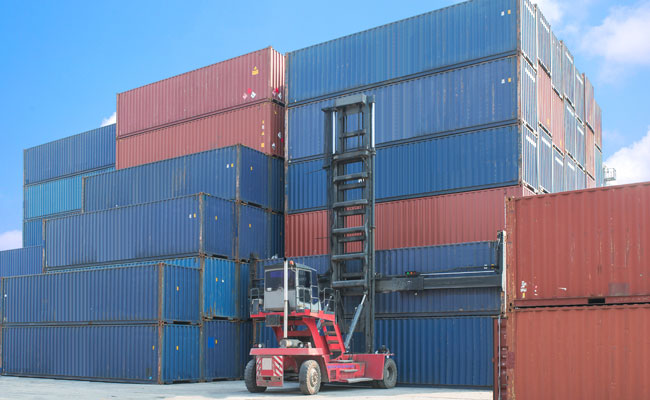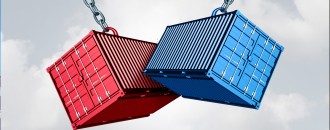
Loan rebate scheme must be implemented from retrospective effect, say exporters
Himanshu Vatsa | The Dollar Business
Even as the government is likely to reintroduce the interest subvention scheme to encourage outbound shipment from the country, exporters say that the scheme should be implemented from retrospective effect. As per the interest subvention scheme enforced till March 2014, exporters used to get a rebate of up to 3% in the interest on their loan. According to Commerce Secretary Rajeev Kher, the government is in the process of reintroducing the scheme by the end of this month. Kher said that a decision to fix the rate of interest benefit and sectors to be included in the scheme is yet to be taken. Experts believe that such schemes will encourage mainly handicrafts, garments and other labour intensive sectors. Appreciating the government’s move, exporters say that it will help the country to boost exports. Exporters, however, demanded that they should get rebate on their loan interest from April 2014. They argue that the sectors that included manufacturing have suffered huge losses because many of their orders were booked before the withdrawal of the scheme last year. “If the government reintroduces the scheme, it will definitely boost our export. In fact, the scheme should be implemented from retrospective effect. Because sometimes the manufacturing of carpets takes up to two years after an order is finalised,” Kuldeep R Wattal, Chairman of Carpet Export Promotion Council, told The Dollar Business. Wattal who is also the Managing Director of Chinar International, carpet export firm, said that the business has been badly hit due to steep fall in Euro value. “Withdrawal of interest subvention scheme came as a double whammy for exporters. We were caught unaware when the scheme was withdrawn. We had been demanding rebate of up to 4% instead of 3%. But at least something is better than nothing,” he added. Exporters also complain that they become uncompetitive in the international market because suppliers from other countries like China get credit at an interest rate as low as 4%. According to experts, sectors that are largely dependent on labour and create more jobs need interest benefit to sustain competition. “Giving relaxation in interest rate on loan will not do any magic. It will only help in maintaining the current level of export. At least we can expect that the country’s export will not fall further. However, things will not change much on the ground till the government gives importance to improving the entire export ecosystem,” said Subodh Jain of Niryat Sam Apparels India Ltd. He said that lack of infrastructure and lengthy documentation process are the major barriers for Indian exporters. “When you are competing with the international market, you must make the entire export ecosystem encouraging. For example, infrastructure should be improved, all procedural hurdles should be removed and the movement of containers should be quicker,” Jain told The Dollar Business. For a large number of businessmen engaged in handicrafts trade, subsidy is the only way to revive the industry. “Giving subsidy is the only way to bail out the carpet business. Apart from subsidy on loan interest, the government should also work on bringing down the cost of raw material for carpet exporters,” said M D Mirza of Mirza Sons. The government data shows that India’s export has been decreasing for the past six months. In May, the total merchandise export contracted to $23.3 billion, down 20.9% from the same month last year. Apart from falling prices of oil and major commodities in the global market, exporters also cite high rate of interest as one of the main reasons for declining exports.
June 18, 2015 | 06:19 pm IST.





 to success.
to success.